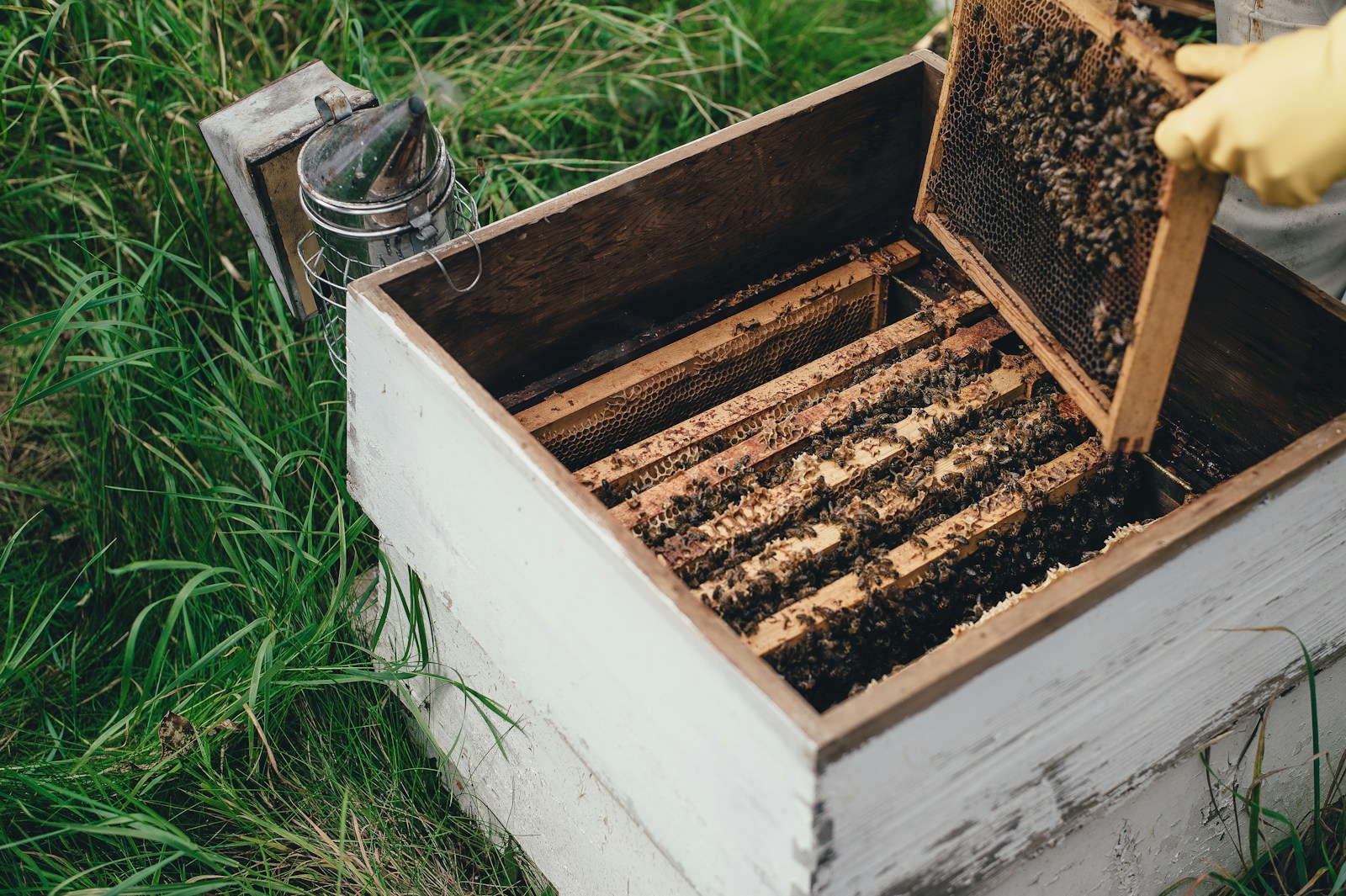By Jane Doe, July 15, 2022 – (Fact-checked by Maria Smith)
Introductory Paragraphs
Regular hives, medically known as urticaria, can be an occasional annoyance. They’re often the result of allergic reactions and usually disappear as quickly as they appear. However, for some individuals like Vanessa Lachey, a renowned actress, TV host, and former Miss Teen USA, hives are a chronic and unpredictable skin affliction. This article will delve into Vanessa Lachey’s personal journey with hives, the nature of hives, their triggers, potential treatments, and when to seek medical advice.

Vanessa’s Initial Encounter with Hives
Vanessa first experienced hives at the tender age of eight. At the time, her father, unaware of what was happening, plunged her into an ice bath in an attempt to relieve her skin. However, the hives resurfaced once she was out of the ice and back in bed. Vanessa’s hives are not easily traceable to specific triggers. Despite being allergy tested, she still falls prey to hives from various factors, including stress, weather changes, fabrics, and airborne particles.
The Unpredictability of Hives
Vanessa’s hives are not only unpredictable but also tend to persist. She could have a hive on her face that lasts a few hours or a rash on her body lasting a week. Over time, Vanessa has found some relief through a new medication, which she spoke about in her interview with Healthline.
Categories of Hives
According to Dr. Anjuli Mehrotra, an allergist/immunologist, hives are typically divided into two categories: acute and chronic. Acute hives are episodic and generally last for less than six weeks, while hives that persist for more than six weeks are considered chronic. Many cases of chronic hives don’t have known triggers and are referred to as Chronic Idiopathic Urticaria (CIU).
Impact on Her Children
Chronic hives can also affect children, although usually less severely than adults. Vanessa’s children also experience hives, but their condition is less severe than her own. According to Dr. Laura Purdy, it’s possible that certain types of hives can be hereditary, or run in families.

Common Triggers of Hives
While hives can be unpredictable, there’s a long list of known triggers for hives, including some allergens. These can include exposure to a food allergen, environmental allergens such as grass, pollen, or animal dander, drug allergies, and certain types of viruses. However, Vanessa, due to her work, has to face some unavoidable triggers.
Dealing With Hives in Front of the Camera
Working in front of the camera with hives proves to be a challenge. There were instances when Vanessa had to change clothes a few times to cover her hives, or makeup artists would have to cover a hive on her eye. However, Vanessa has learned to live with the unpredictability of her condition.
Effective Treatment Options
Treatment for hives is often individual-specific and should be discussed with a doctor. It can include oral or topical medication, and identifying potential triggers can also be helpful. Vanessa found relief from an over-the-counter antihistamine by Allegra that’s specifically formulated to treat hives.
Lifestyle Adaptations for Hives
Dr. Mehrotra suggests some lifestyle adaptations that can offer relief and possibly help with prevention. These include staying in cool climates, taking cold showers or baths, wearing loose, cotton clothing, and moisturizing the skin well with a hypoallergenic moisturizing cream.
Skin Care Routine for Hives
People who experience hives may benefit from a consistent skin care routine. This involves using fragrance-free products and keeping the products to a minimum. Also, choosing products with simple and hypoallergenic ingredients can be beneficial.
When To Consult a Doctor
If you’re having trouble managing hives or your symptoms are getting worse, it would be helpful to see a doctor. According to Dr. Mehrotra, it’s rare for hives to be a sign of a serious illness, but if you have hives lasting longer than six weeks, it’s a good idea to consult a physician.
Final Thoughts
Living with hives can be challenging, but there are ways to manage the discomfort. If your hives are interfering with your daily life and persist for six weeks or more, it’s advisable to visit your doctor. They may suggest prescription medications or an over-the-counter option like Allegra Hives. Remember to also be mindful of any triggers and maintain a consistent, simple skin care routine.















+ There are no comments
Add yours